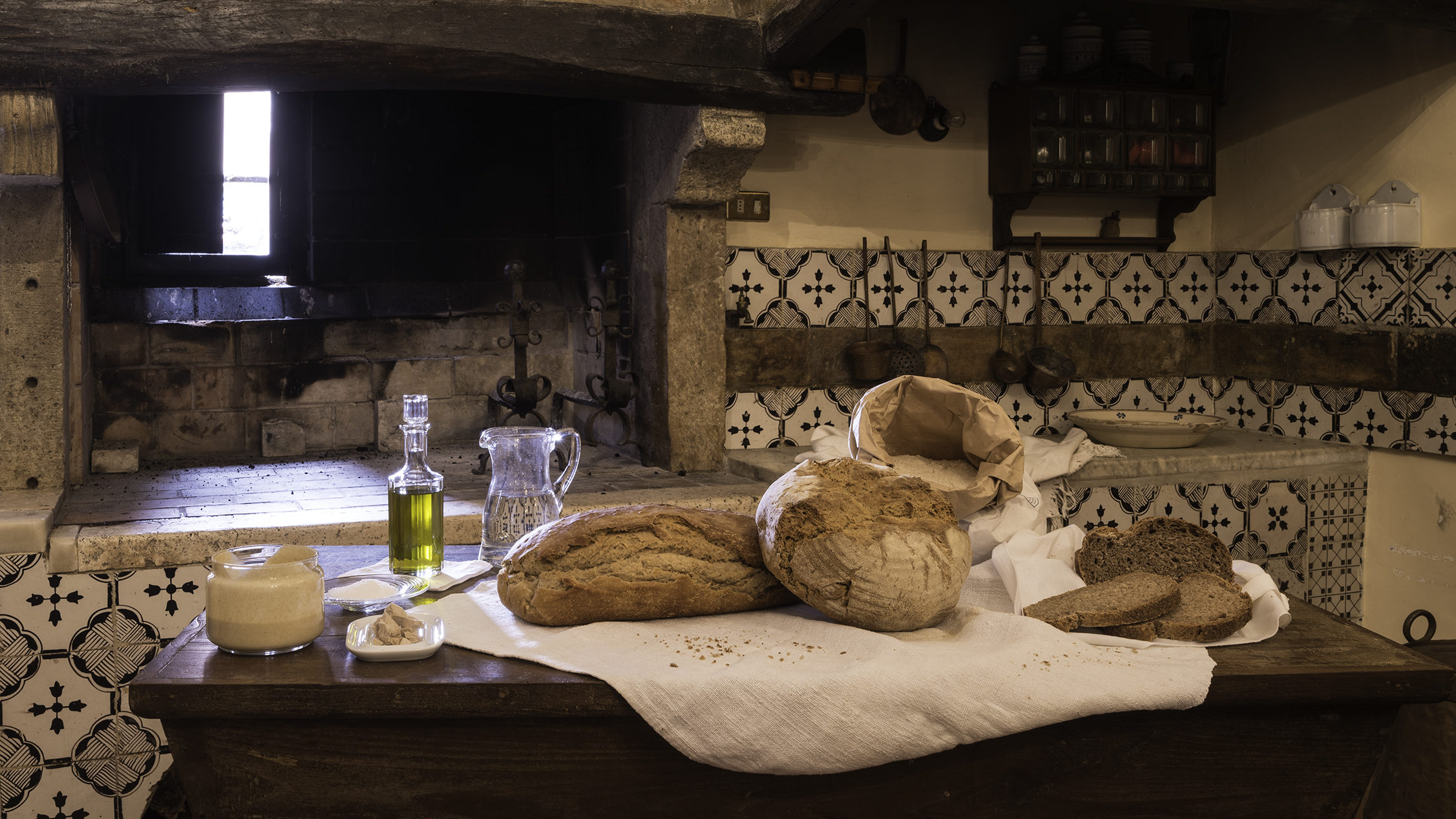La ricerca che presentiamo può essere considerata la prima valutazione integrata dei potenziali benefici, legati alle ottime proprietà nutrizionali, dell’uso per il pane e prodotti derivati del grano monococco. Sottolinea come l’utilizzo della farina integrale e della pasta acida sia essenziale per ottenere i migliori risultati in termini di sfruttamento delle potenzialità di questo grano. La scelta di questo grano è ben sintetizzata in un passaggio della ricerca: “Einkorn (Triticum monococcum L. ssp. monococcum) is an ancient crop. Compared to polyploid wheats it has a higher content of proteins, polyunsaturated fatty acids, fructans, and phytochemicals as tocols, carotenoids, alkylresorcinols, phytosterols, and a lower α-, β-amylase and lipoxygenase activities [15]. In addition, einkorn expresses very few T-cell stimulatory gluten peptides [16]. Einkorn could represent a valid alternative for producing functional baked products.
“Abstract: Nowadays the high nutritional value of whole grains is recognized, and there is an increasing interest in the ancient varieties for producing wholegrain food products with enhanced nutritional characteristics. Among ancient crops, einkorn could represent a valid alternative. In this work, einkorn flours were analyzed for their content in carotenoids and in free and bound phenolic acids, and compared to wheat flours. The most promising flours were used to produce conventional and sourdough fermented breads. Breads were in vitro digested, and characterized before and after digestion. The four breads having the best characteristics were selected, and the product of their digestion was used to evaluate their anti-inflammatory effect using Caco-2 cells. Our results confirm the higher carotenoid levels in einkorn than in modern wheats, and the effectiveness of sourdough fermentation in maintaining these levels, despite the longer exposure to atmospheric oxygen. Moreover, in cultured cells einkorn bread evidenced an anti-inflammatory effect, although masked by the effect of digestive fluid. This study represents the first integrated evaluation of the potential health benefit of einkorn-based bakery products compared to wheat-based ones, and contributes to our knowledge of ancient grains.
